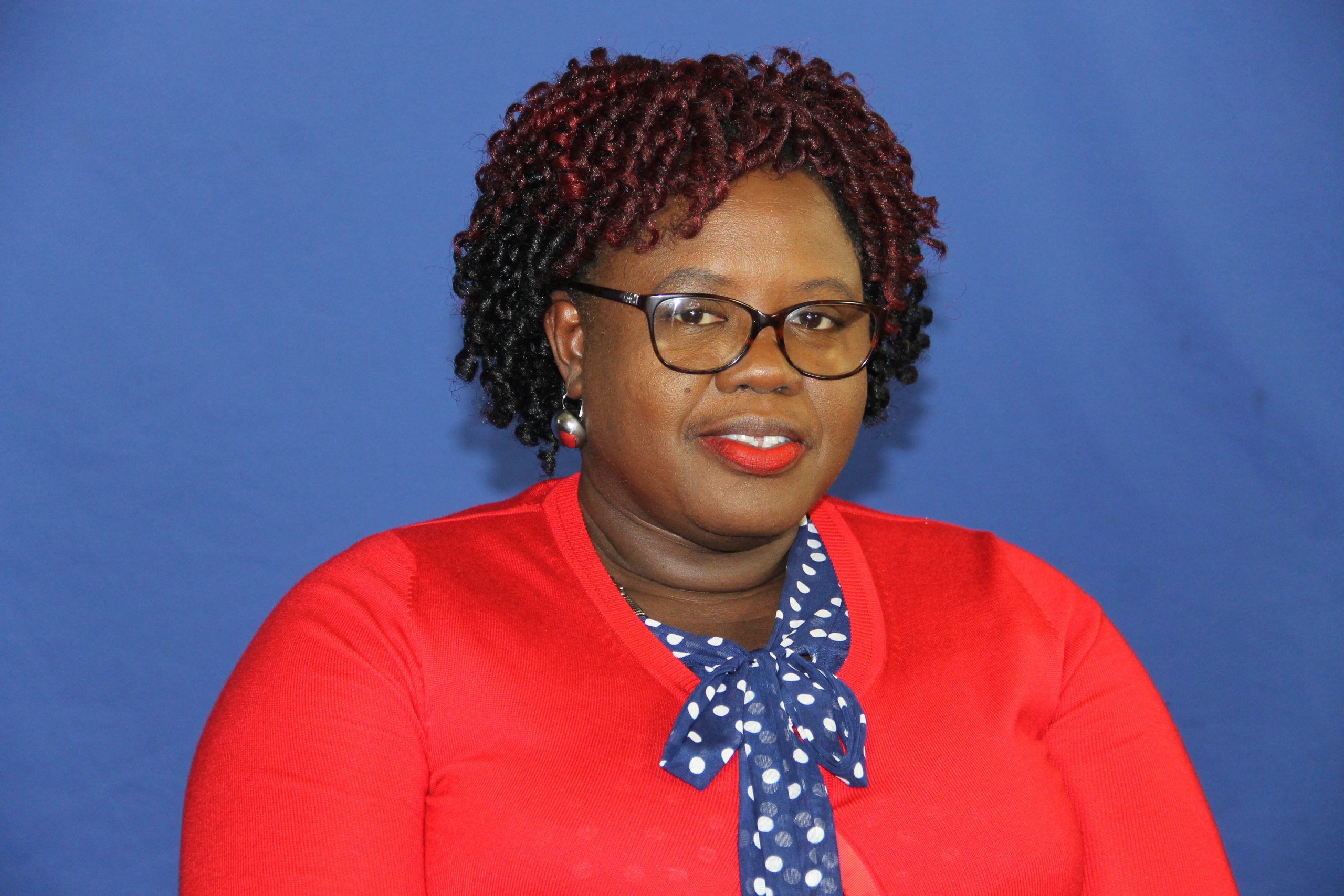Nevis observes World AIDS Day 2022

NIA CHARLESTOWN NEVIS (December 01, 2022) — The following is an address by Hon. Hazel Brandy Williams, Junior Minister of Health and Gender Affairs in the Nevis Island Administration (NIA) in observance of World AIDS Day 2022.
Today, December 1, 2022, the Joint United Nations Programme on HIV/AIDS (UNAIDS) is making the global call for us to ‘Equalize’ to help end AIDS.
According to the World Health Organization (WHO), at the end of 2021, the number of persons estimated to be living with HIV around the world was 38.4 million whilst 650,000 people were estimated to have died from HIV-related illnesses. Women accounted for the group with the most cases.
Here in St. Kitts and Nevis, at the end of 2021, we had 204 cumulative reported cases. Contrary to the global trend, men accounted for most of our cases. It is our duty to protect this vulnerable group of people and to ensure that they have the resources they need to live a normal life as much as possible.
However, over three decades since the HIV/AIDS Pandemic started, persons living with HIV are still having difficulty accessing testing services to know their status, as well as accessing antiretroviral medications, and accessing adequate lab services to track viral loads. They also continue to face stigma and discrimination. It is impossible for us to meet our goal to end the AIDS epidemic by 2030 the date set by UNAIDS.
Locally, we have made considerable progress on our journey to equalize in the fight to end AIDS HIV. Testing service is offered for free in the public health setting. We have expanded the service with free rapid HIV testing at the Charlestown, Gingerland and Combermere Health Centres and the Health Promotion/HIV Unit will be offering the service again shortly. Persons can also get their HIV status checked at the lab through referral from their doctor.
Today, the Ministry of Health, in partnership with the Republic Bank, will be conducting a free HIV testing outreach to everyone from 9a.m.to 5p.m. in the parking lot next to the Ministry of Health.
Knowing your HIV status is a critical step towards the fight to ending AIDS. People who are positive and do not know their status will not be able to seek the necessary services that are needed. Access to testing and treatment services can lower their risk of progressing to AIDS and passing the infection on to others.
Another important service we offer is access to antiretroviral medication. Every person who has tested positive for HIV and is registered in the care and treatment programme is provided access to free antiretroviral medication.
In times past, persons living with HIV had to rely on complex regimens which saw them taking as many as 20 pills per day. These caused many side effects and resulted in adherence issues. As these medications have evolved and more advanced medications have become available, we have kept abreast and have provided these medications. Now patients can be down to as little as three pills per day with less side effects. The goal is to ensure that those who need it, have access to medication for as long as possible. Persons who take their regimens as prescribed are more likely to lower their viral loads which would lead to viral suppression thus reducing HIV related illnesses, transmission and death.
The Ministry of Health and Gender Affairs also offers laboratory testing to our positive patients so as to ensure that their medications are working as they should and generally to monitor progress. According to the Center for Disease Control, when viral loads are kept low to undetectable levels, the risk of transmission of HIV to their partner is significantly reduced. Offering this service is another way in which we have been equalizing the fight against the spread of HIV.
However, all this progress and our goal to meet the 2030 target to end AIDS continues to be threatened by stigma and discrimination. Persons living with HIV are sometimes subjected to rejection because of their status. We also have vulnerable persons within our society who may experience stigma and discrimination due to their sexual orientation and socio-economic status. Persons who are afraid of being stigmatized and discriminated against will not seek the care they need and risk passing the illness along as well as progressing to full blown AIDS.
The ministry will continue to implement policies such as continuous education on stigma reduction among all levels of health care workers and will continue to strengthen our reporting mechanism for stigma and discrimination.
I am therefore making the call to all of us no matter our profession, our religious beliefs or our status to treat everyone with dignity and respect. By eliminating stigma and discrimination of all forms, we can continue our progress to ending HIV and AIDS by 2030.
It is time for us to equalize.
